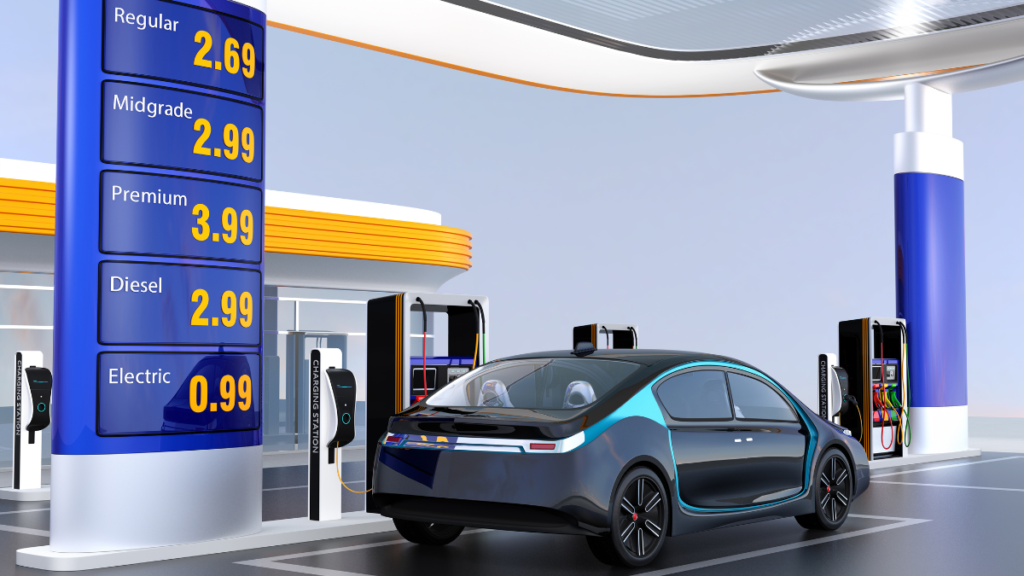World EV Day, celebrated annually on September 9th, is an important occasion dedicated to promoting electric vehicles (EVs) and their role in creating a sustainable future. This day emphasizes the benefits of EVs in reducing carbon emissions, improving air quality, and advancing technological innovation in the automotive industry.
The Significance of World EV Day
World EV Day was established to raise awareness about the environmental impact of traditional internal combustion engine vehicles and to highlight the advantages of switching to electric vehicles. As climate change becomes an increasingly pressing issue, EVs are seen as a crucial component in the transition to a low-carbon economy. By reducing dependence on fossil fuels, EVs can contribute significantly to decreasing greenhouse gas emissions and mitigating the effects of global warming.
Benefits of Electric Vehicles
-
Environmental Impact: One of the most significant benefits of EVs is their potential to reduce carbon emissions. Unlike conventional vehicles that burn gasoline or diesel, EVs are powered by electricity, which can be generated from renewable sources such as wind, solar, or hydro power. This transition can help combat air pollution and reduce the overall carbon footprint.
-
Energy Efficiency: EVs are more energy-efficient than their gasoline or diesel counterparts. Electric motors are inherently more efficient at converting energy into vehicle movement compared to internal combustion engines. This efficiency translates to lower energy consumption and, potentially, lower operational costs for consumers.
-
Reduced Noise Pollution: EVs operate much more quietly than traditional vehicles. This reduction in noise pollution can contribute to a quieter and more pleasant urban environment, benefiting both human health and wildlife.
-
Technological Advancements: The rise of EVs has spurred significant technological advancements, including improvements in battery technology, energy storage, and charging infrastructure. These innovations not only enhance the performance and convenience of EVs but also contribute to broader technological progress.
Challenges and Opportunities
Despite their many benefits, the adoption of EVs faces several challenges. One major hurdle is the current limitation of charging infrastructure. Expanding the network of charging stations is crucial for supporting the widespread use of EVs and addressing concerns about range anxiety. Additionally, the production of EV batteries involves the extraction of raw materials, which can have environmental and ethical implications. Addressing these issues requires ongoing research and development to create more sustainable and efficient battery technologies.
Community and Industry Involvement
World EV Day encourages involvement from various stakeholders, including governments, businesses, and consumers. Governments can play a pivotal role by implementing policies and incentives that promote the adoption of EVs, such as subsidies, tax credits, and investments in charging infrastructure. The automotive industry can continue to innovate and produce more affordable and efficient EV models. Consumers, in turn, can contribute by making informed choices and embracing the shift toward electric mobility.
Long-term Vision
The long-term vision of World EV Day is to accelerate the global transition to electric transportation and support the achievement of climate goals. By raising awareness and fostering collaboration among different sectors, the day aims to drive meaningful progress toward a cleaner and more sustainable future.
In summary, World EV Day serves as a vital platform for advocating the adoption of electric vehicles and highlighting their environmental and economic benefits. Through increased awareness and collective action, this day contributes to the broader goal of creating a more sustainable and eco-friendly world.

